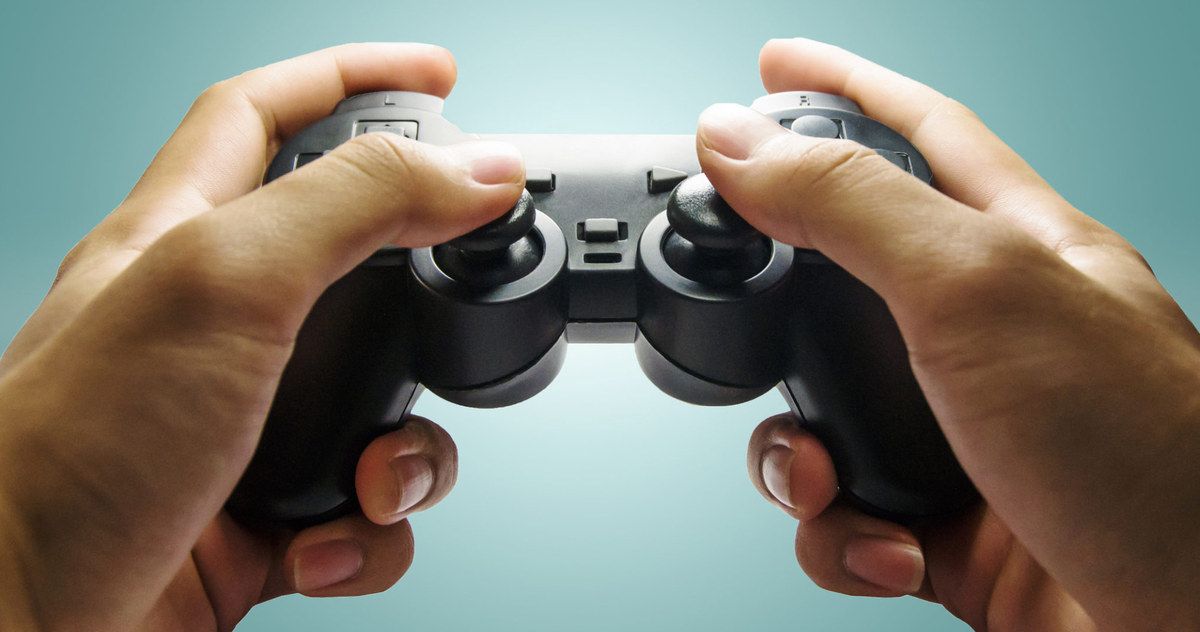Addicted to playing video games? Then you may have a mental health condition. One that is being officially recognized for the first time. Gaming Disorder is now labeled in the International Classification of Diseases, a diagnostic manual that is published by the World Health Organization. This inclusion of gaming disorder is the first time the book has been updated in 27 years, since 1990.
The eleventh edition of this manual is arriving in 2018. And it is including video game addiction as a serious health condition that needs to be monitored. The exact wording of this so-called gaming disorder has not been fully disclosed at this time. The initial draft does outline the criteria needed for an individual to be diagnosed with gaming disorder.
WHO's Department of Mental Health and Substance Abuse member Vladimir Poznyak discussed the importance of recognizing gaming disorder as a full-on mental health issue. He goes into say this.
"Health professionals need to recognize that gaming disorder may have serious health consequences. Most people who play video games don't have a disorder, just like most people who drink alcohol don't have a disorder either. However, in certain circumstances overuse can lead to adverse effects."
The take away is that not everyone who plays a lot of video games has a gaming disorder, and most gamers shouldn't be slapped with a mental health condition. In 2016, University of Oxford's Internet Institute researchers did a comprehensive study on what exactly it takes for an individual gamer to be labeled with gaming disorder, and the percentage of players who should be marked as having the condition.
The study was published in American Journal of Psychiatry. It found that less than 3% of the 19,000 men and women surveyed in the U.S., the U.K., Canada and Germany admitted that they experienced five or more of the symptoms associated with gaming disorder. A list of nine standard symptoms for video gaming obsession was created by the APA just a few years ago. These symptoms included 'anxiety, withdrawal symptoms and antisocial behavior'. Dr. Andrew Przybylski, who led the University of Oxford report, went onto say this about the findings.
"To our knowledge, these are the first findings from a large-scale project to produce robust evidence on the potential new problem of 'internet gaming disorder' Contrary to what was predicted, the study did not find a clear link between potential addiction and negative effects on health; however, more research grounded in open and robust scientific practices is needed to learn if games are truly as addictive as many fear."
There is still a major debate about whether or not gaming poses a threat to an individual's mental health. Especially when the amount of time per day one plays video games is factored into the equation. Researchers from ESET discovered that 10% of the gamers polled spent at least 12 to 24 hours per day playing video games. Don't ask us how that leaves time for sleep.

